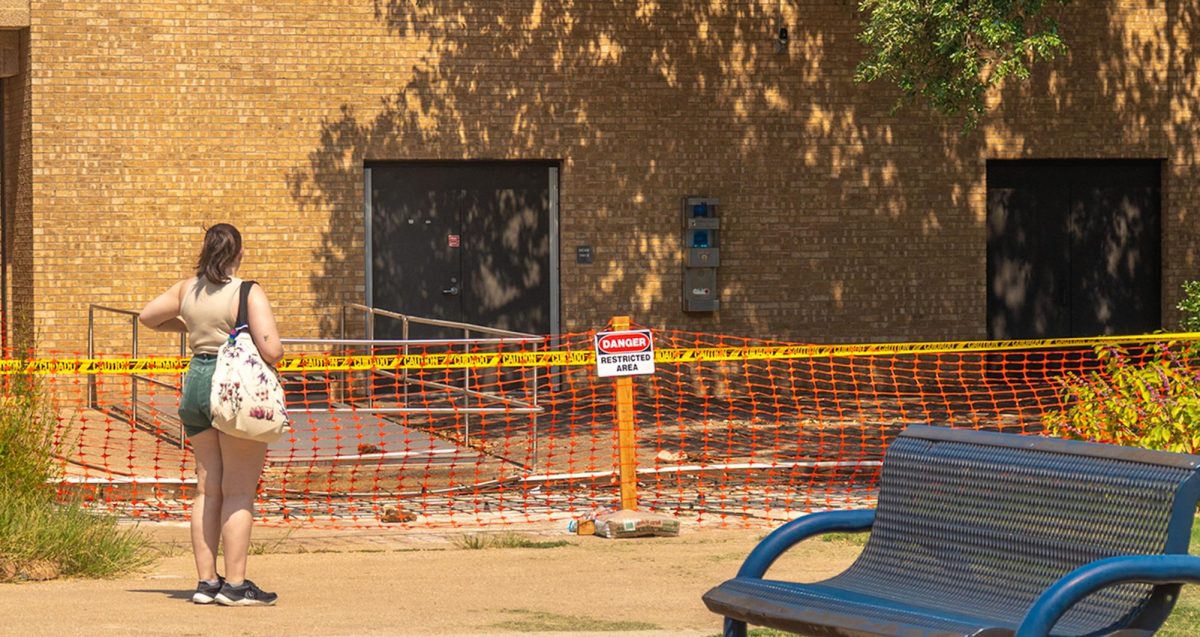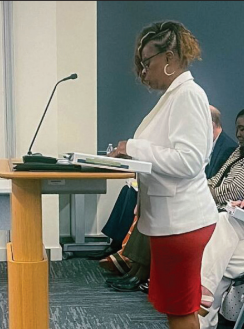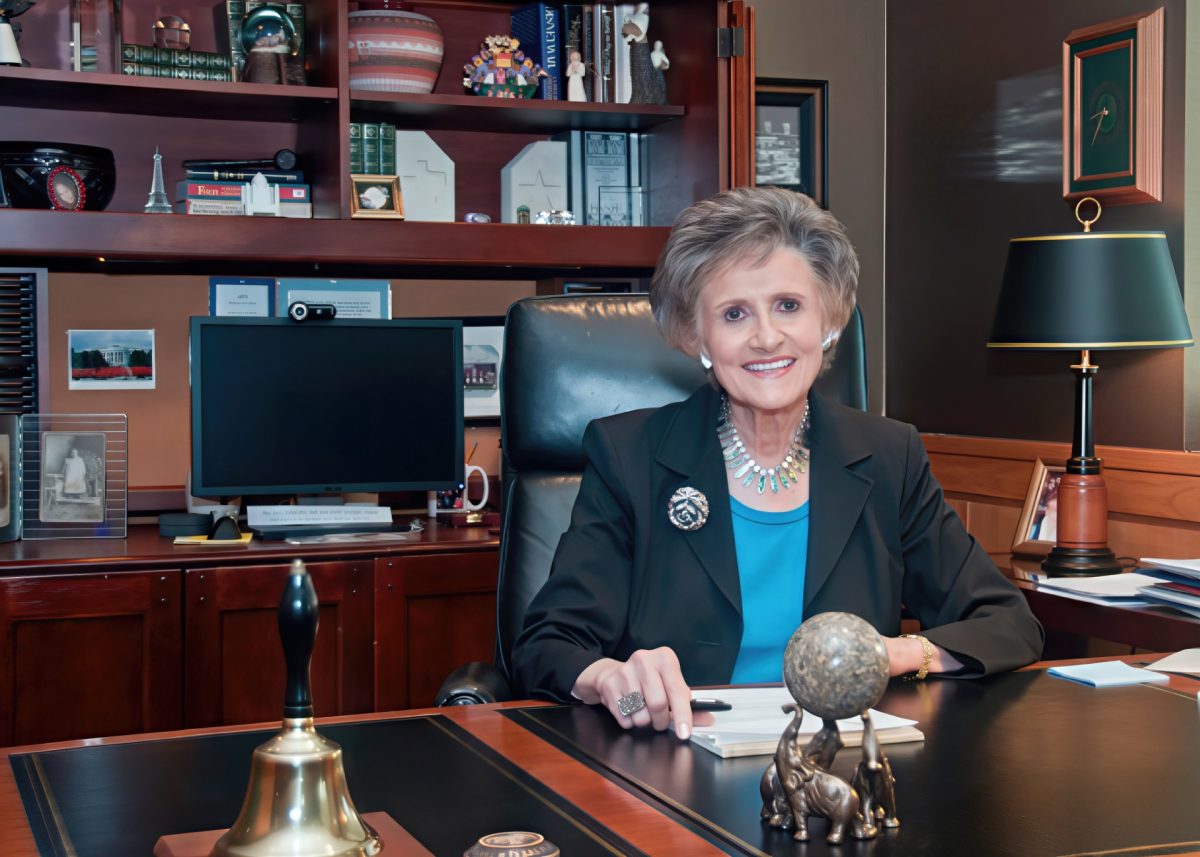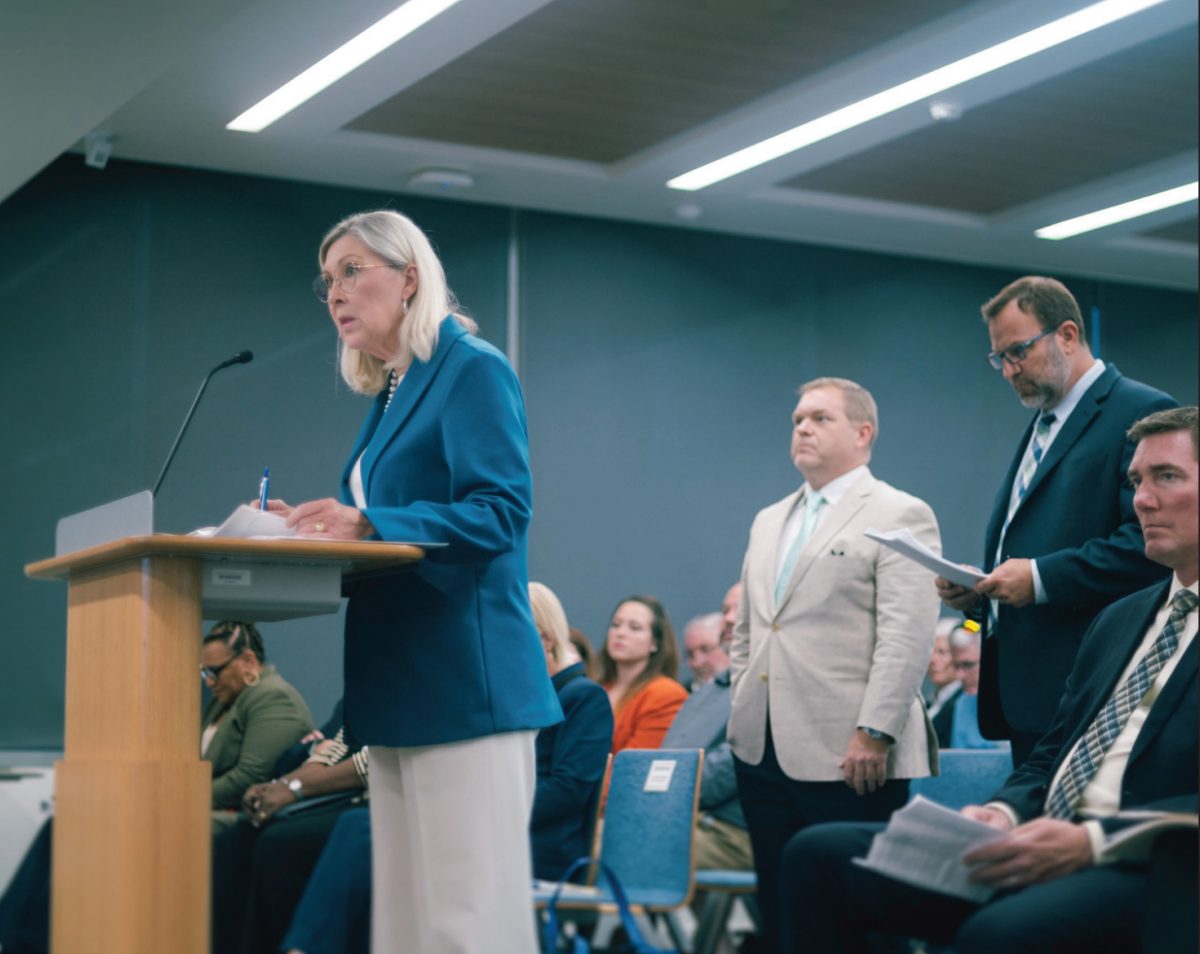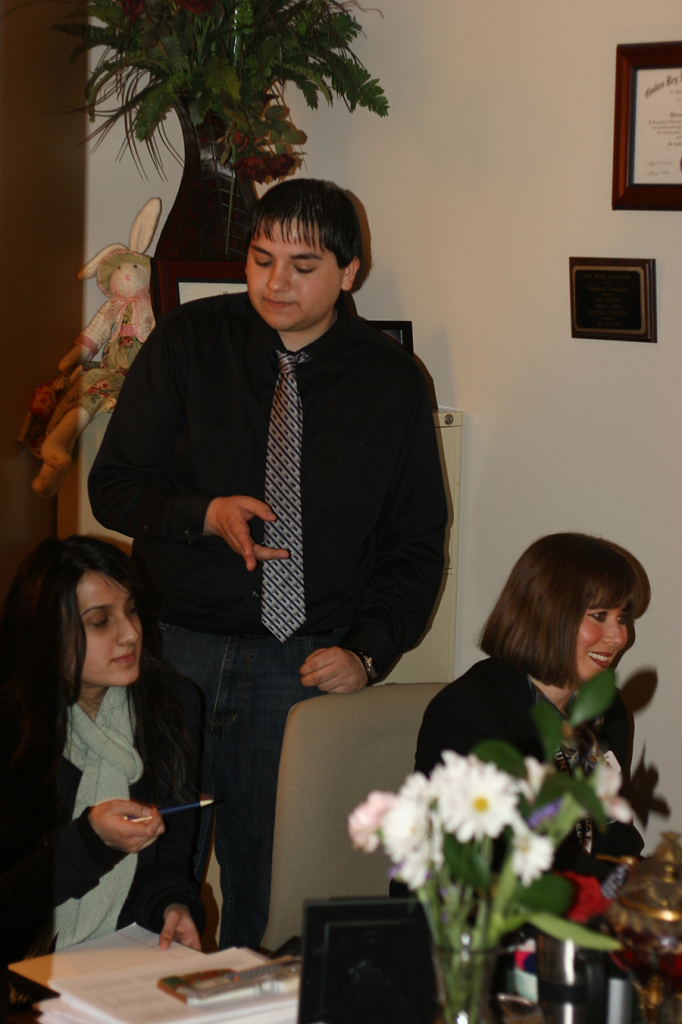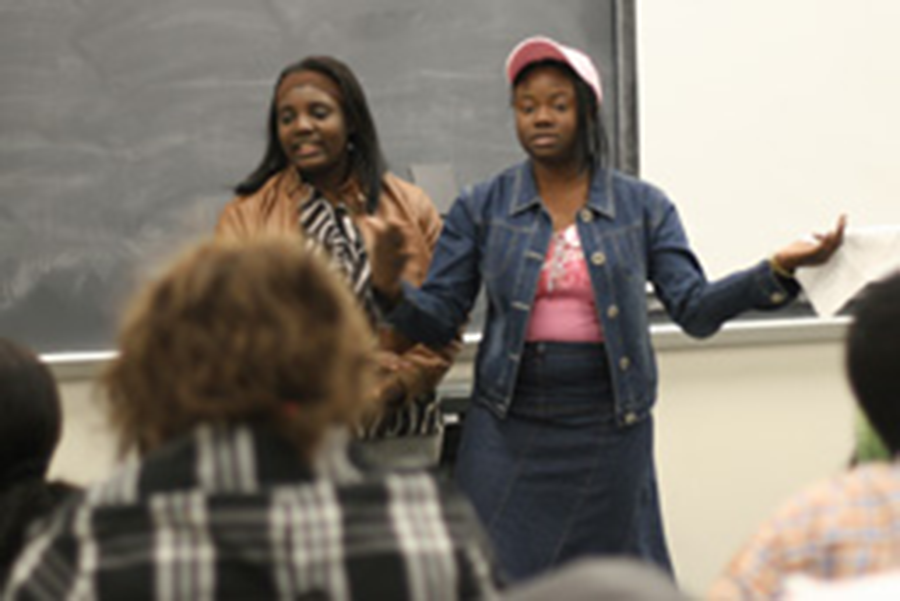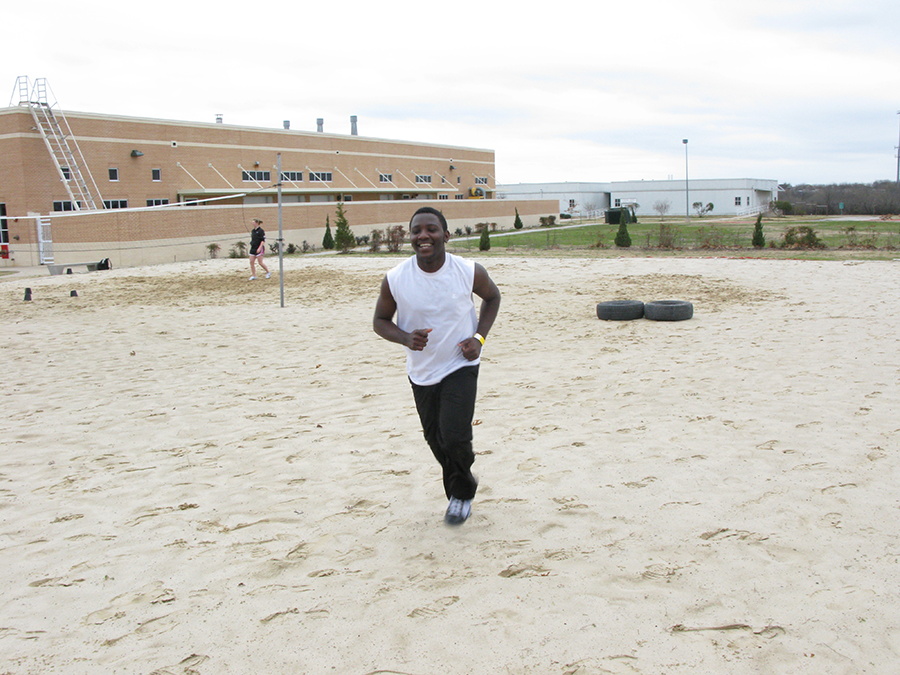By John Garces/reporter
Assessment, determining of career options, research and exploration are the four steps key to finding the right career, NW students learned in a career seminar Feb. 18.
The seminar, 4 Steps to Choosing a Career That’s Right for You, was presented by Tracy Williams, NW coordinator of career and employment services.
Williams’ PowerPoint presentation covered many areas, including what tests students can take to help them figure out what career paths might be best as well as showing students what resources are available to help them narrow their search even more.
Aside from the four points covered in the seminar, Williams also stuck to a central theme that satisfaction, not necessarily money, should guide someone to a particular career path.
The first step, assessment, focused on how students can narrow down the many career possibilities through the use of standardized tests such as the Myers-Briggs Type Indicator.
The test often accurately produces a list of career opportunities based on a student’s interests.
“Students should consider if a career will provide them with a satisfaction, and they should consider if they can do it well,” Williams said.
The second step, finding career options, focused on helping students identify a career based on their personality types, preferences, interests, strengths and weaknesses, to narrow the field of choices down even more.
The third step, research, consists of a further narrowing of their focus.
“When doing research for a certain career, you should consider what type of education you will need for the job, what kind of experience and training you will need for it, what you will have to do for the job, whether it will be in demand and whether or not it reflects your values,” she said.
She also gave students examples of some avenues to research their career choice. She suggested college and university Web sites, career center Web sites and books on the chosen career.
Williams said factors to consider are whether the appropriate courses are available at a nearby university, what the degree requirements are, whether one will like the courses offered, how difficult it would be to train for the job and what training would cost.
The fourth step, exploration, involves going out to the workplace and actually experiencing the job firsthand, through working or volunteering, to gain career experience and get a feel for the environment.
Williams left the students with one final piece of advice.
“To select the right career, it takes knowing yourself and the career,” she said.

